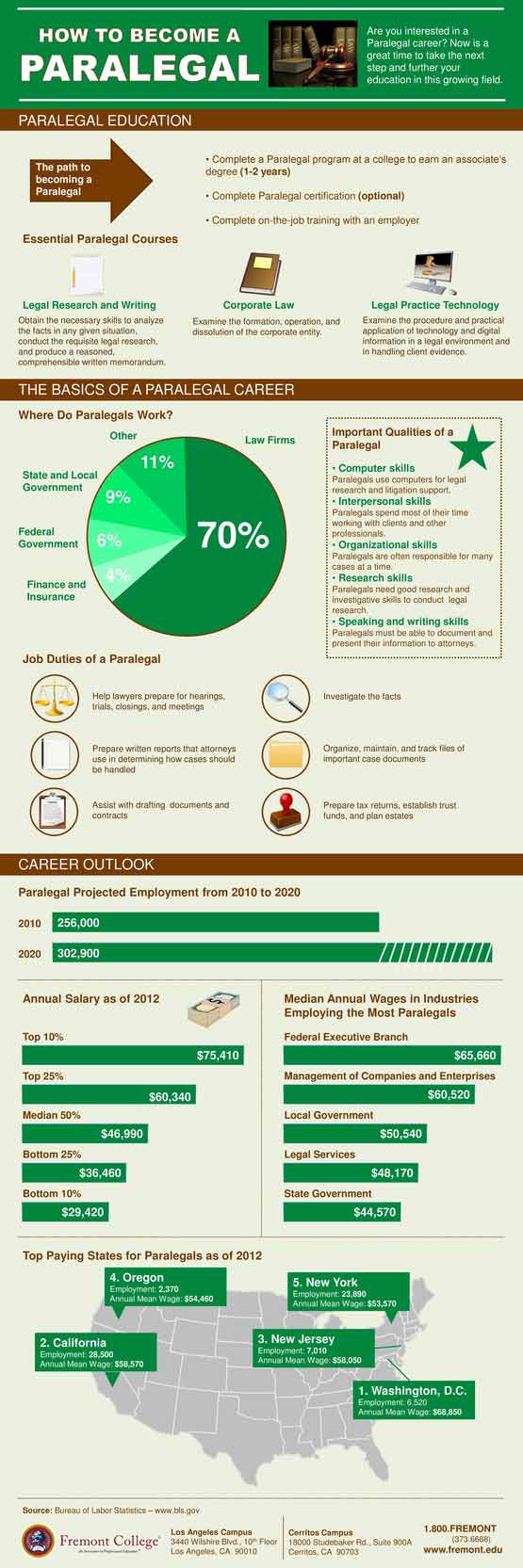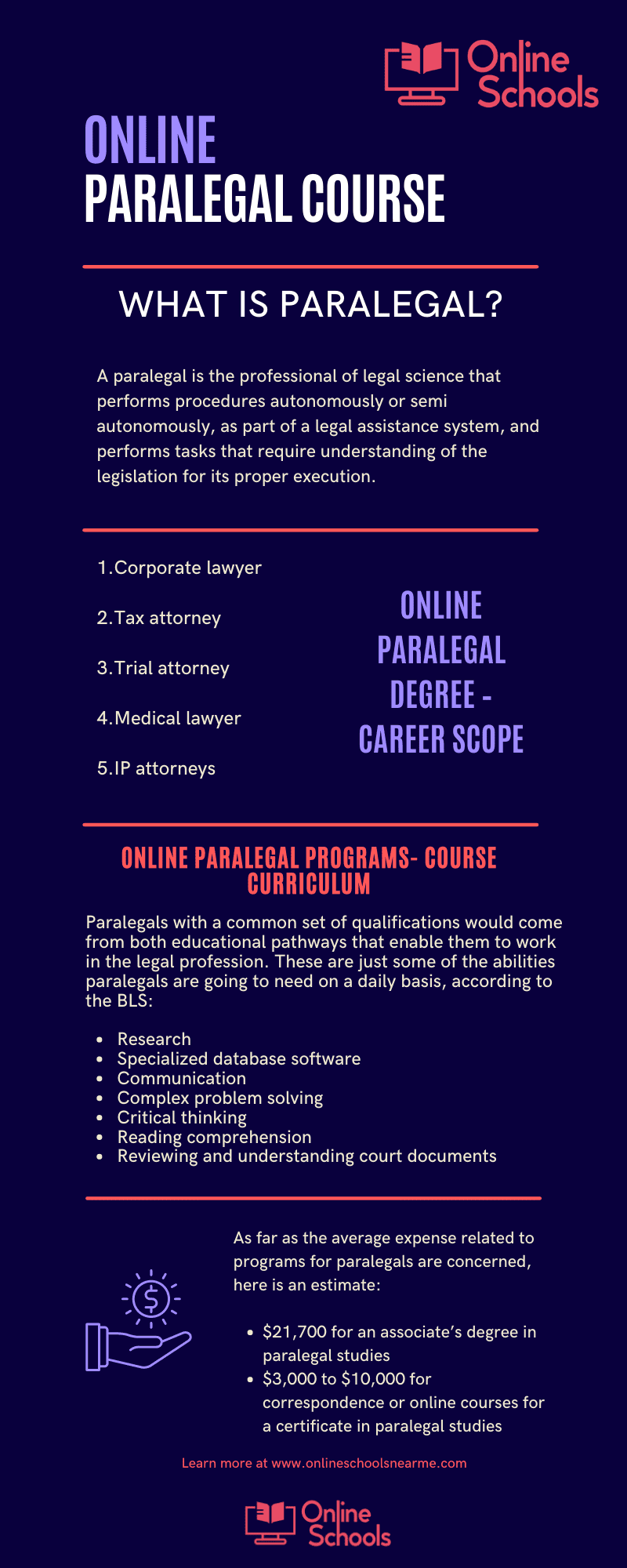What Are The Requirements For Becoming A Paralegal

Imagine a bustling law office, phones ringing, documents flying, and the steady hum of legal work in progress. Amidst this organized chaos, you’ll find individuals who are indispensable to the smooth functioning of the entire operation: paralegals. But what does it take to join their ranks, to become a vital part of a legal team, and contribute to the pursuit of justice?
The path to becoming a paralegal is varied, offering multiple entry points to suit different educational backgrounds and career aspirations. While a specific degree isn’t always mandatory, aspiring paralegals often pursue education and training to gain the necessary skills and knowledge to thrive in this demanding field.
Educational Pathways
The most common route is obtaining an associate's or bachelor's degree in paralegal studies. These programs provide a comprehensive understanding of legal principles, research techniques, and document preparation. Coursework typically includes legal writing, contracts, torts, and civil procedure.
A certificate program is another popular option, particularly for individuals who already hold a degree in another field. These programs offer focused training in paralegal skills and can be completed in a shorter timeframe. The American Bar Association (ABA) approves many paralegal programs, signifying a certain standard of quality and comprehensive curriculum.
The Value of Certification
While not always required, certification can significantly enhance a paralegal’s career prospects and earning potential. Several organizations offer certification exams, demonstrating a paralegal’s competency and commitment to the profession. The National Association of Legal Assistants (NALA) offers the Certified Paralegal (CP) credential.
Another popular certification is the Professional Paralegal (PP) credential offered by the National Federation of Paralegal Associations (NFPA). Earning these certifications often requires meeting specific educational and experience requirements. Holding such certifications indicates a dedication to maintaining high professional standards.
Essential Skills and Qualities
Beyond formal education, certain skills and qualities are crucial for success as a paralegal. Strong research and writing abilities are paramount, as paralegals often conduct legal research and draft legal documents. Excellent organizational skills are essential for managing files, tracking deadlines, and maintaining accurate records.
Attention to detail is also critical, as even minor errors can have significant consequences in legal proceedings. Moreover, paralegals must possess strong communication and interpersonal skills to effectively interact with attorneys, clients, and court personnel. A good paralegal must also be able to think critically and problem solve effectively.
Gaining Practical Experience
Practical experience is invaluable in solidifying theoretical knowledge and developing essential skills. Many paralegal programs include internships or externships, providing students with hands-on experience in a law firm or legal department.
Volunteering at legal aid organizations or shadowing experienced paralegals can also offer valuable insights into the profession.
Entry-level positions, such as legal assistants or file clerks, can serve as stepping stones to a paralegal career. Building a professional network and seeking mentorship from experienced paralegals can provide guidance and support in navigating the legal landscape.
The Bureau of Labor Statistics (BLS) projects a steady growth in the demand for paralegals and legal assistants. This growth reflects the increasing complexity of legal work and the cost-effectiveness of utilizing paralegals to perform tasks traditionally handled by attorneys. The median annual wage for paralegals and legal assistants was around $56,230 as of May 2022, suggesting a stable and rewarding career path.
The journey to becoming a paralegal is one of dedication, education, and continuous learning. It's a career that demands both intellectual rigor and practical skills. For those passionate about the law and committed to contributing to the legal system, the role of a paralegal offers a fulfilling and impactful career.


















